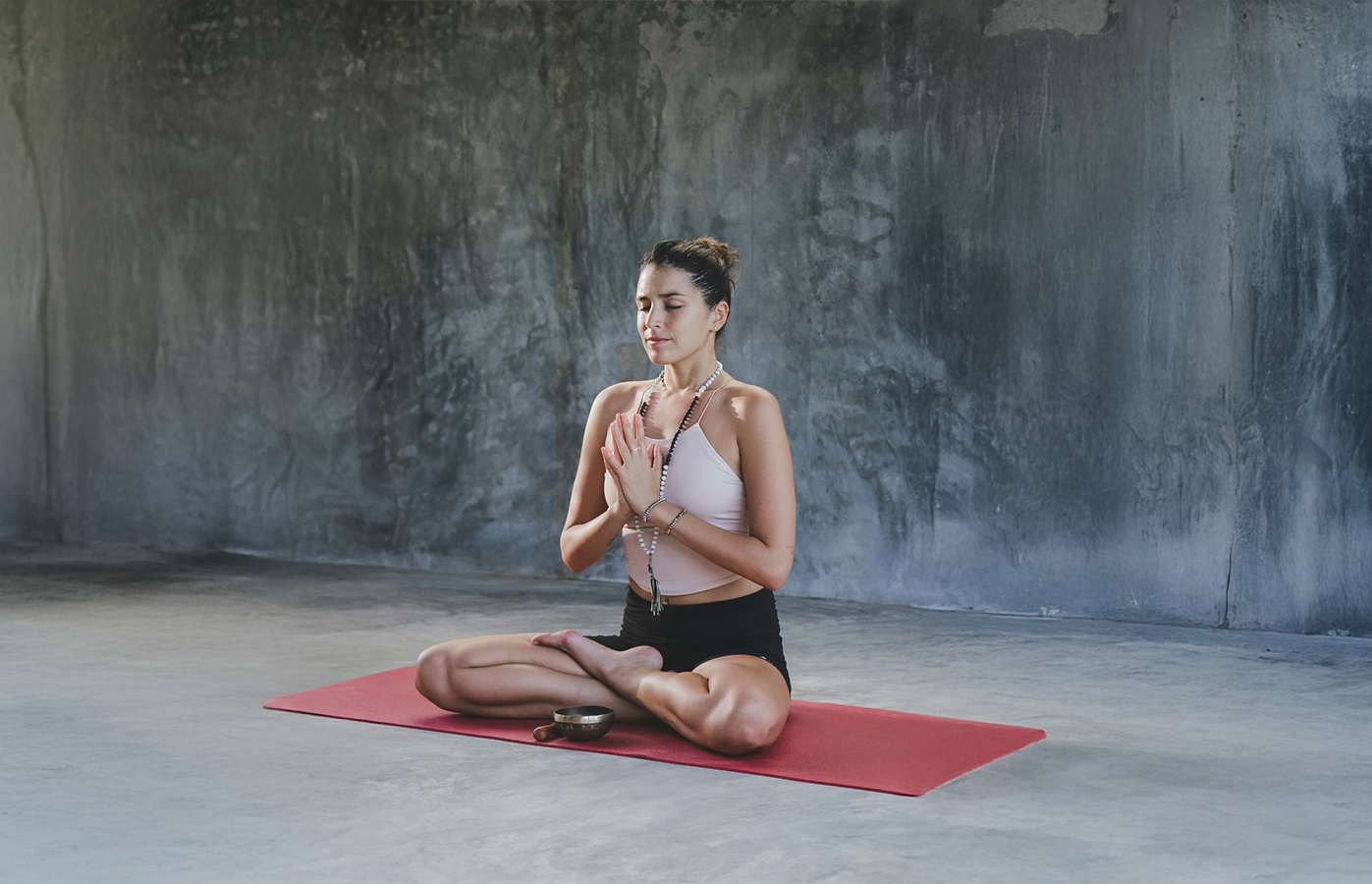
Breathing Tricks That Are More Effective Than Meditation
Forget sitting cross-legged in silence—sometimes, all you need is to breathe differently.
What Is the “Weird Trick”?
What transforms the ordinary into extraordinary? It’s simple: deep, controlled breathwork techniques—like the 4‑7‑8 method, SKY breath, or box breathing—that can sometimes outperform traditional meditation.
Why Breathwork Works—Sometimes Better Than Meditation
- A NIH study found that structured breathwork improved positive mood more than mindfulness meditation, especially when practiced consistently.Yale Insights+6British Heart Foundation+6TIME+6PMC
- Another study reported breath-focused yoga was more effective than meditation-focused yoga in increasing mindfulness and reducing stress.PMC
- A broader meta-analysis concluded that breathwork shows significant benefits for anxiety and depressive symptoms, often outpacing general relaxation methods.AP News+14Nature+14PMC+14
Expert Voices You Can Trust
- Emma Seppälä, from Yale School of Management, endorses the SKY Breath technique. She says a weeklong training brought lasting anxiety relief and resilience—even for those who stopped practicing afterward.AP News+4Yale Insights+4TIME+4
- Madisson Singleton, a seasoned NYC yoga teacher, puts it bluntly:
“You can spend just three minutes breathing—and experience a pretty drastic shift in how you feel mentally and physically.”Yale Insights+15GQ+15facebook.com+15 - Lauren Schramm, breathwork coach and trainer for Nike, recommends combining energizing breaths (like Wim Hof–style cycles) with calming 4‑7‑8 breaths to regulate emotions on the fly.GQ
How to Try It—Fast & Accessible
- 4‑7‑8 Breathing: Inhale for 4 seconds, hold for 7, exhale slowly for 8. Deeply calming and easy to learn.Medical News Today
- SKY Breath: Combines rhythmic breathing with posture and breath patterns. Proven to reduce anxiety, especially in PTSD.TIME+1
- Box Breathing: Inhale, hold, exhale, hold—all for equal counts. Used by Navy SEALs for stress and focus.Health
Breathwork isn’t a replacement for meditation—it’s a powerful complement. Quick, effective, and backed by both study and experience, it’s a great tool for when your brain feels too busy for silence.



